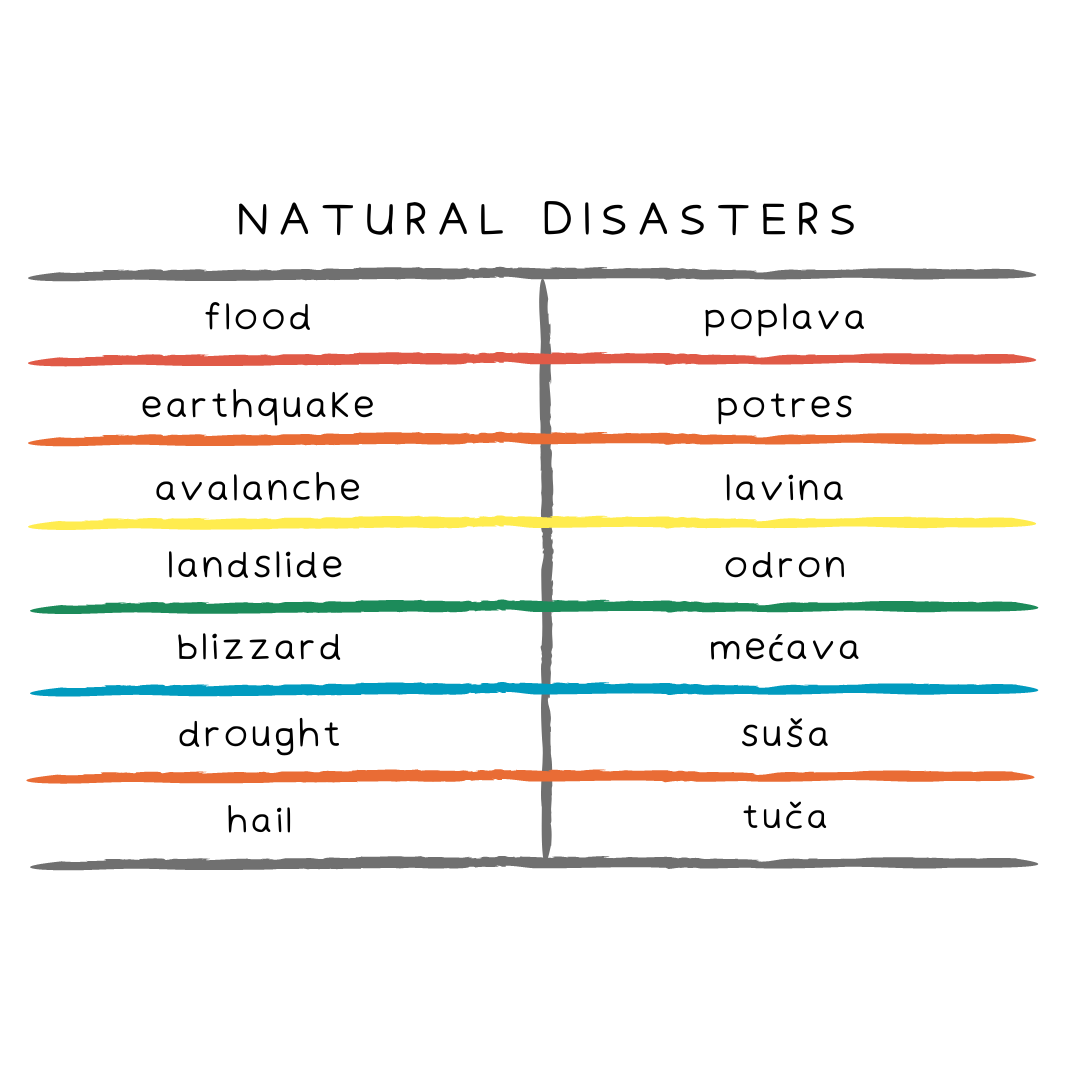Notice how in English we capitalize each word, which is not the case in Croatian.

Instead of very + simple adjective, you can use these more precise ones.

Nouns information, evidence, and advice are uncountable singular nouns in English.

We usually make plural nouns by adding “s” or “es”, but some English nouns have irregular plural forms.

Some words are spelled differently in British and American English.

On the other hand, some words are spelled the same but pronounced differently.
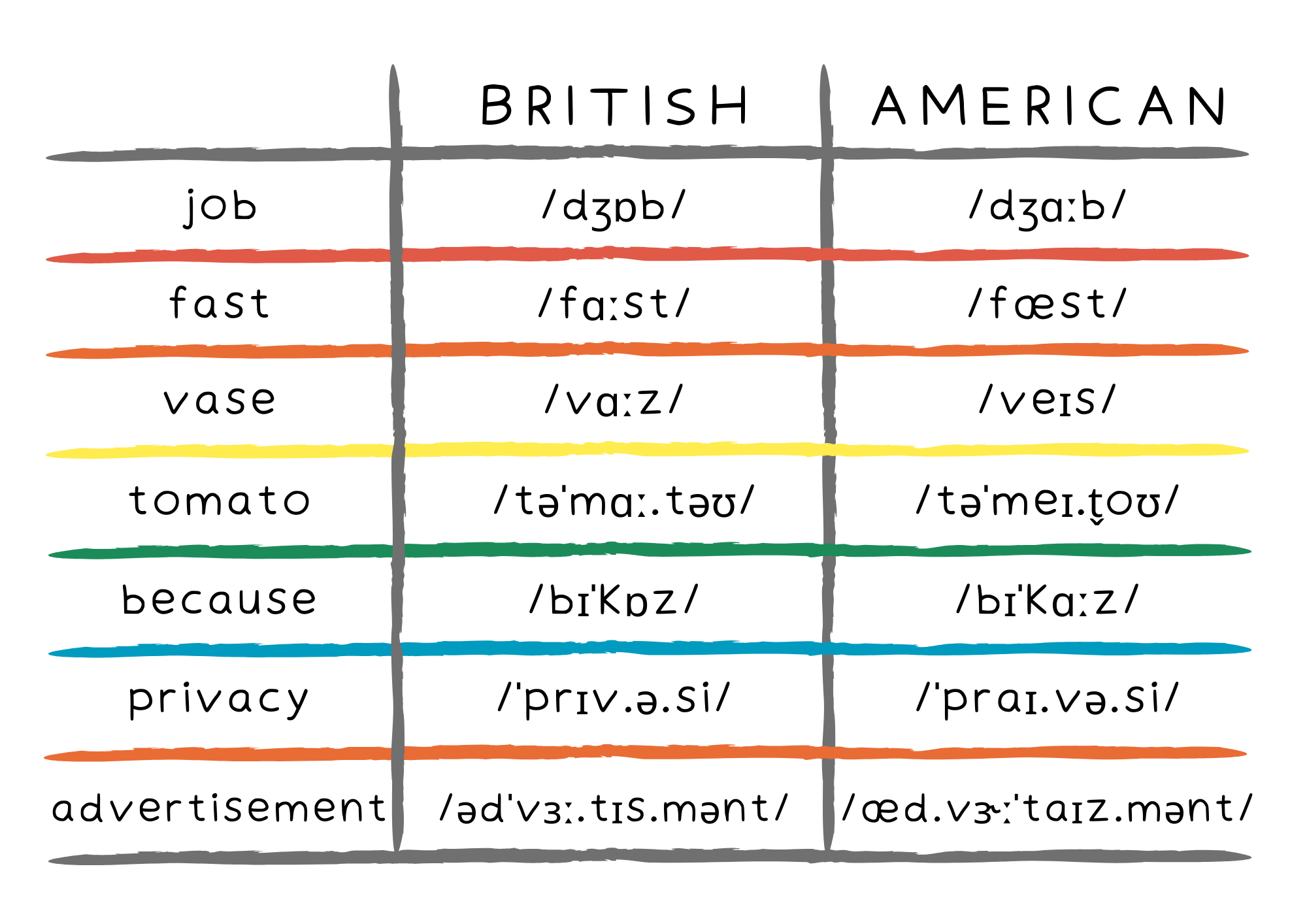
Be careful about the word order in indirect questions.
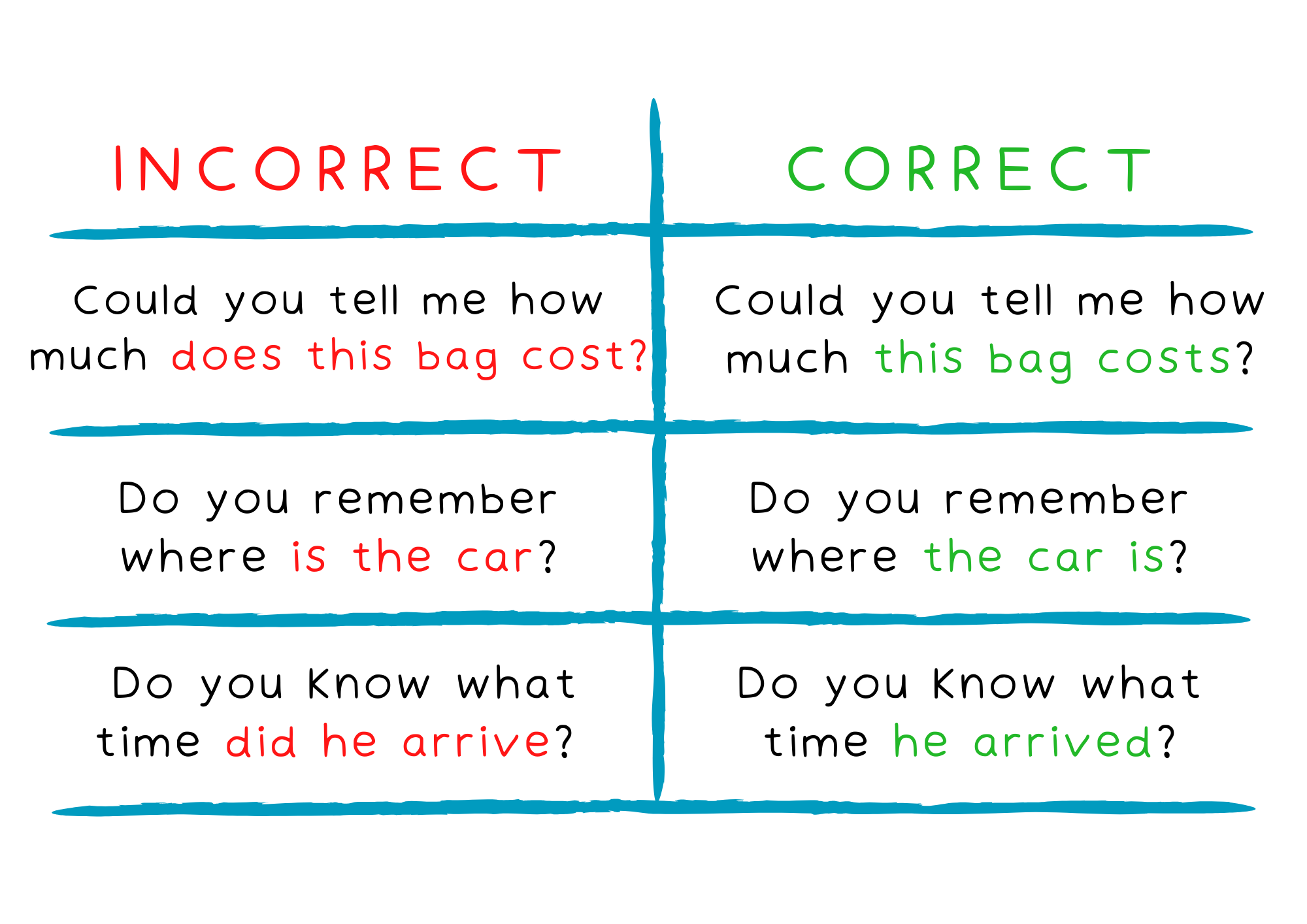
When we use the emphatic do, i.e. its forms did and does, we have to reset the main verb to its base form.
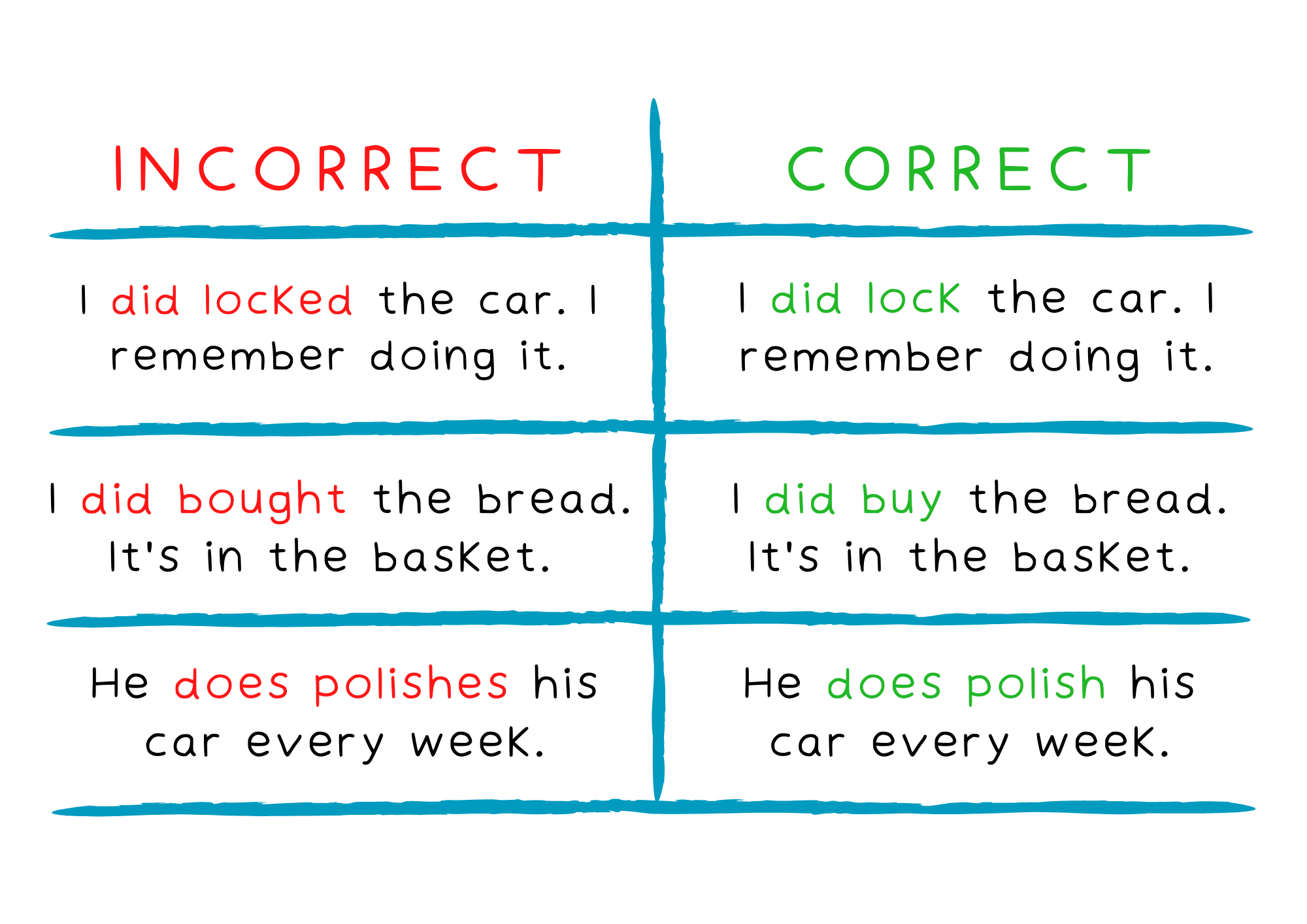
Since has two distinct meanings, with no connection whatsoever.
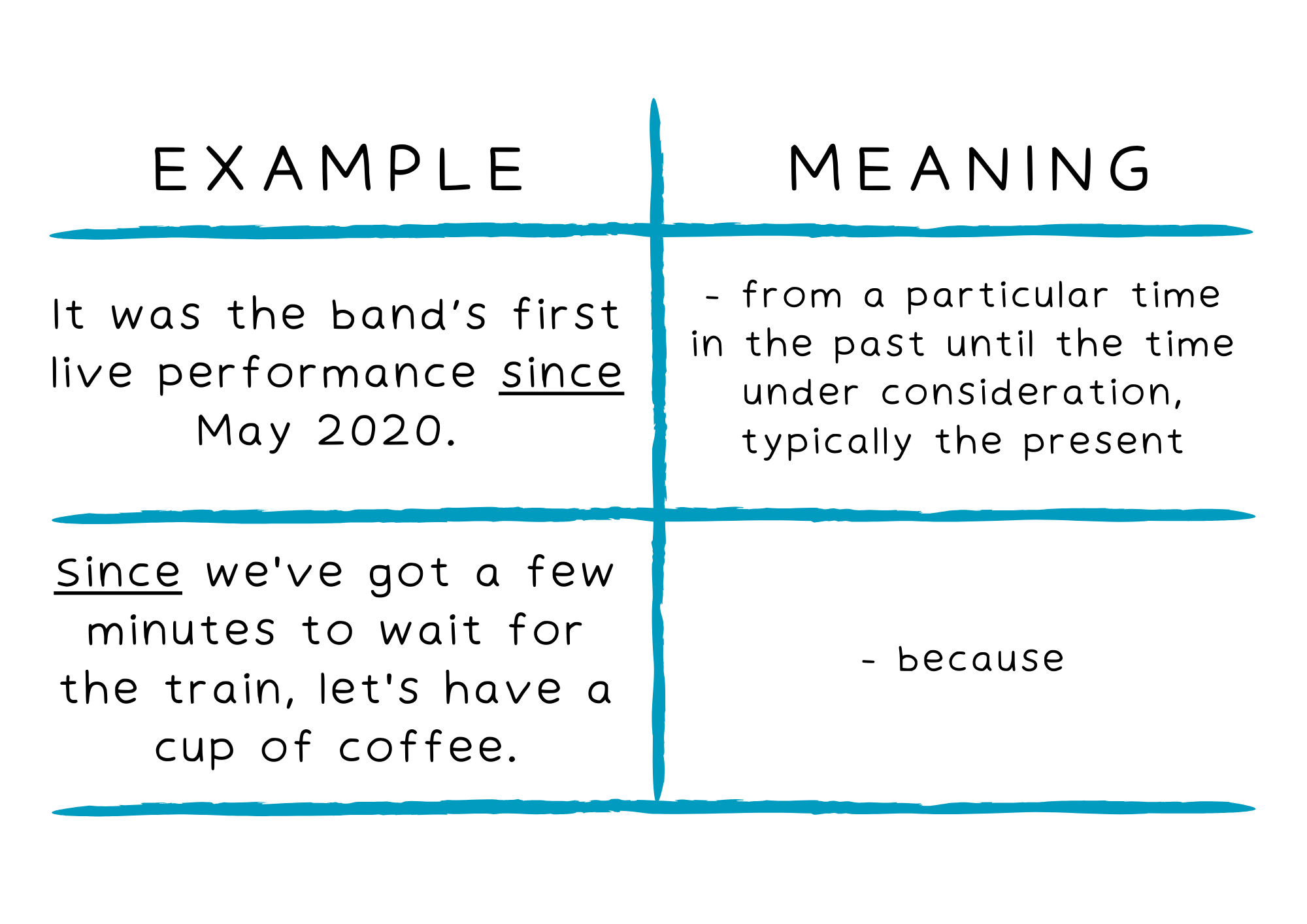
We use either if or whether while reporting yes/no questions. In addition to that, we need to shift tense back to past.
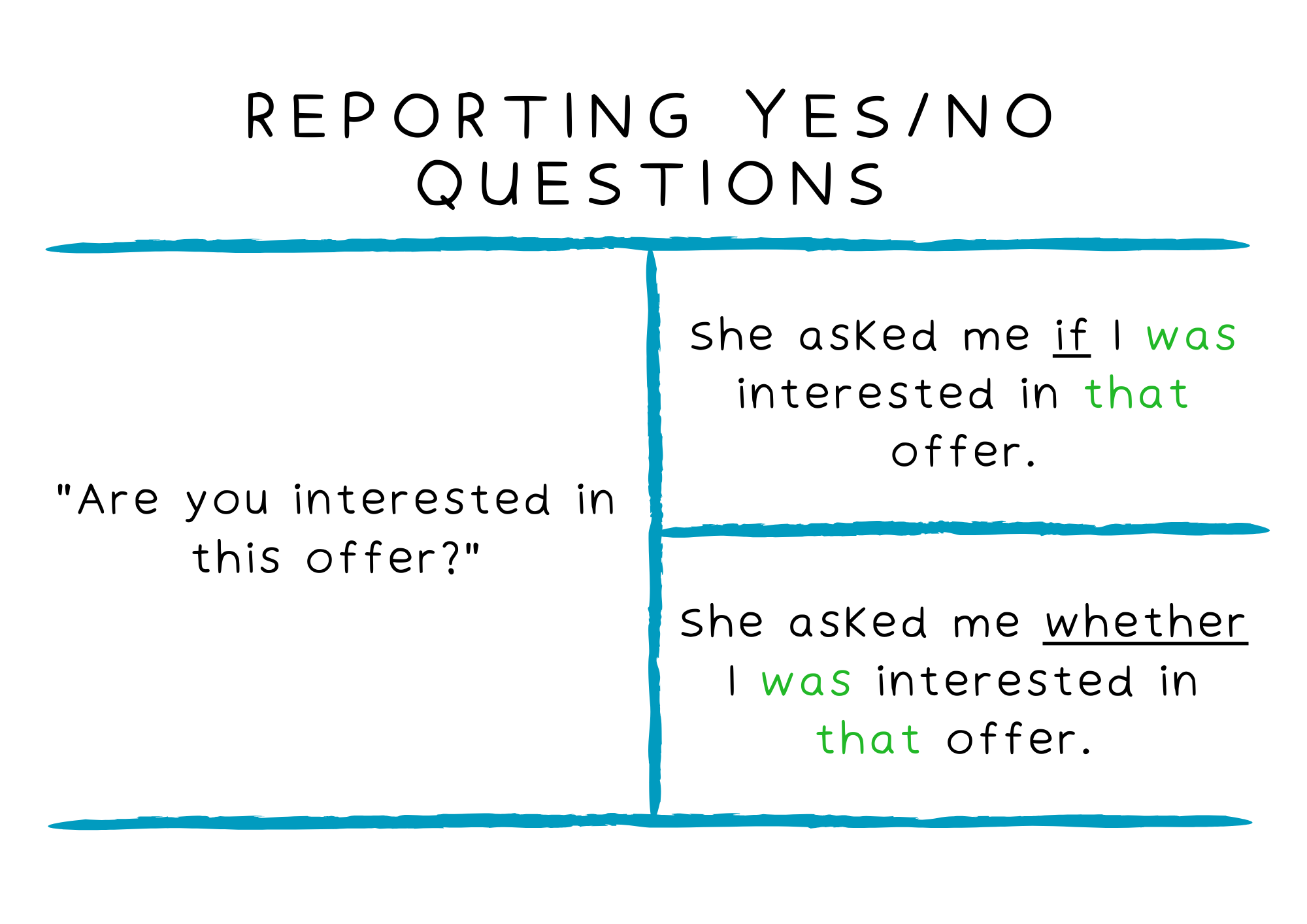
Look at the formal counterparts of these common words.
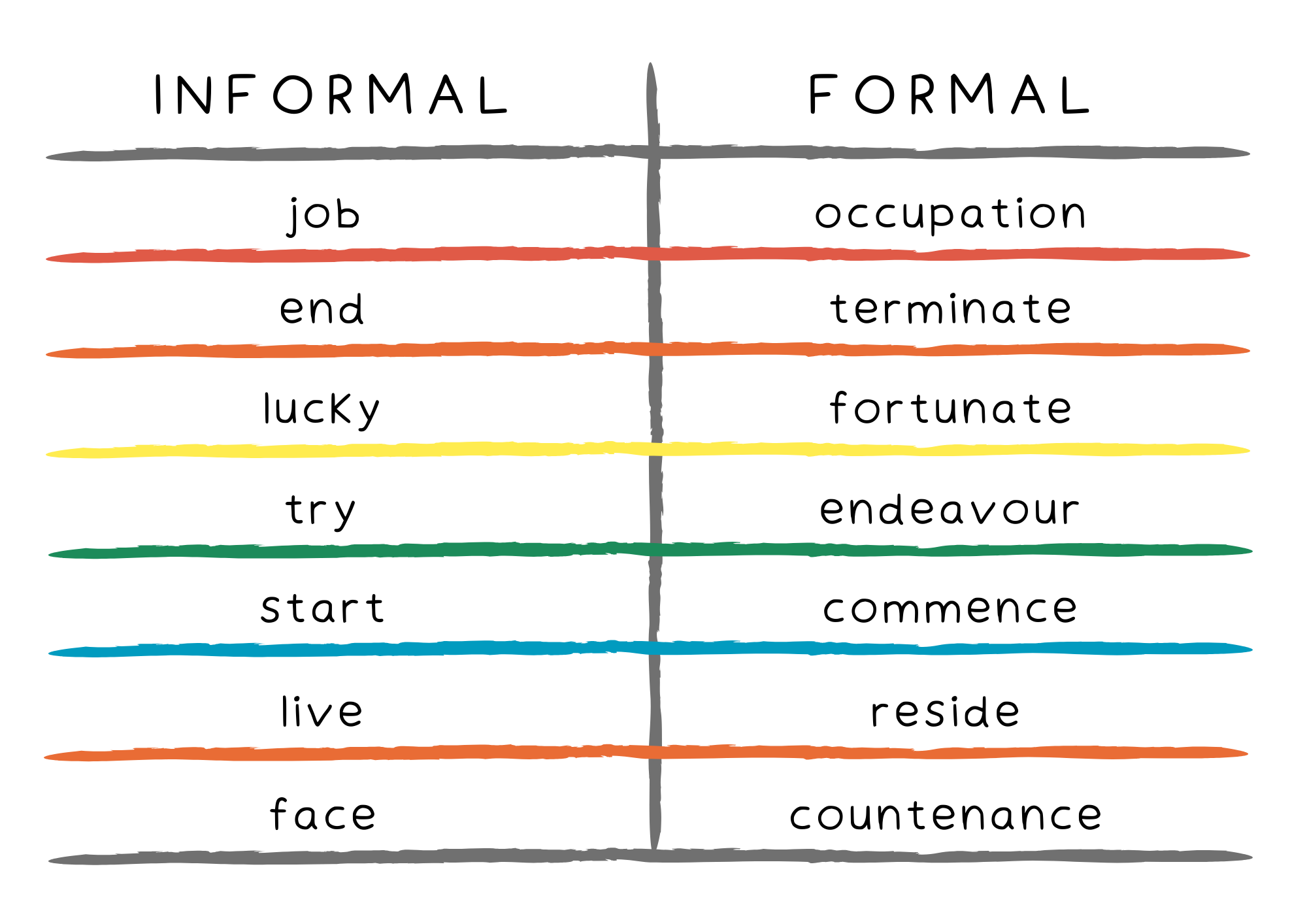
The subjunctive mood is rarely used in English, but we still find it, for instance, in conditional sentences.
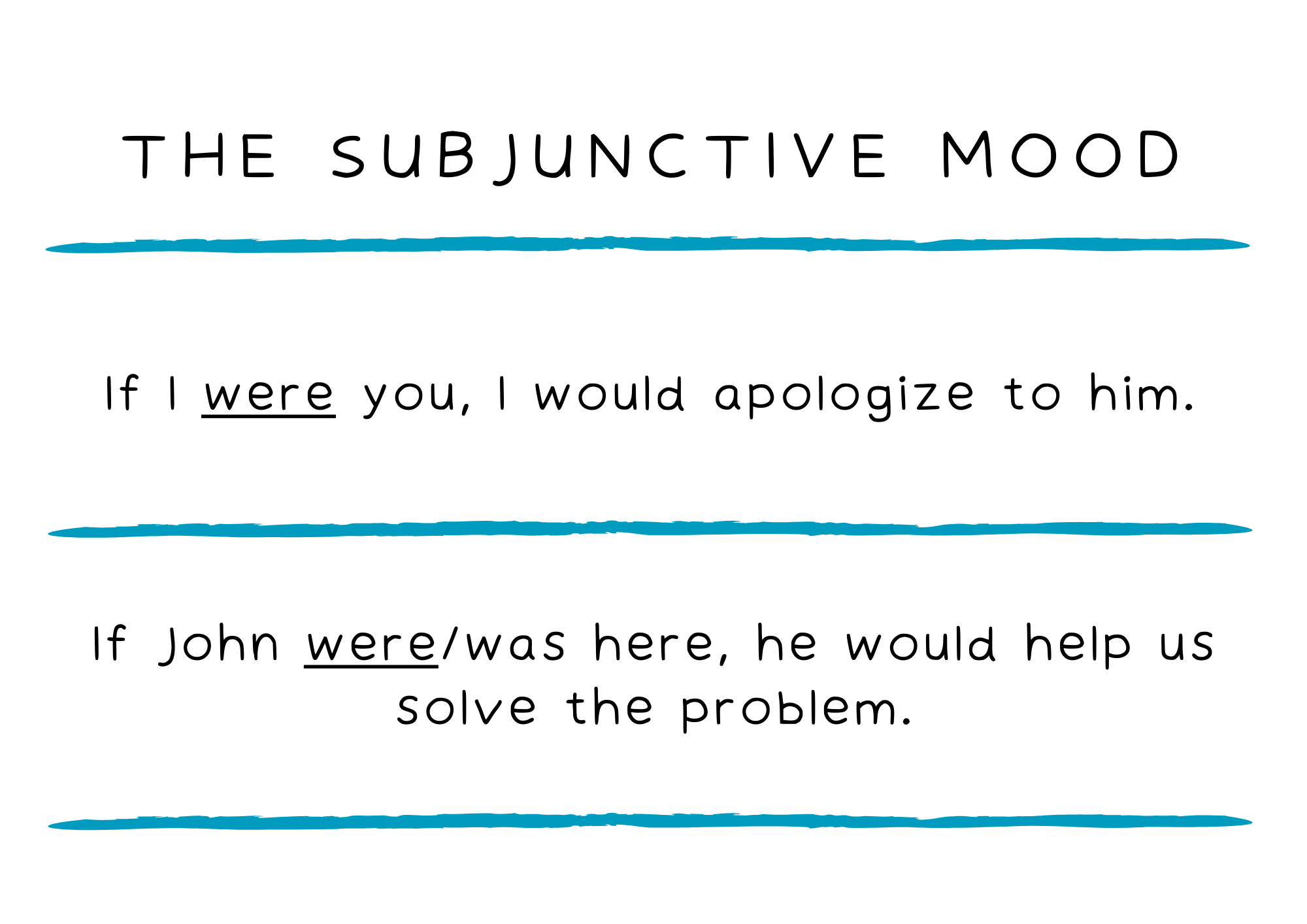
Whose is used both for animate and inanimate nouns.
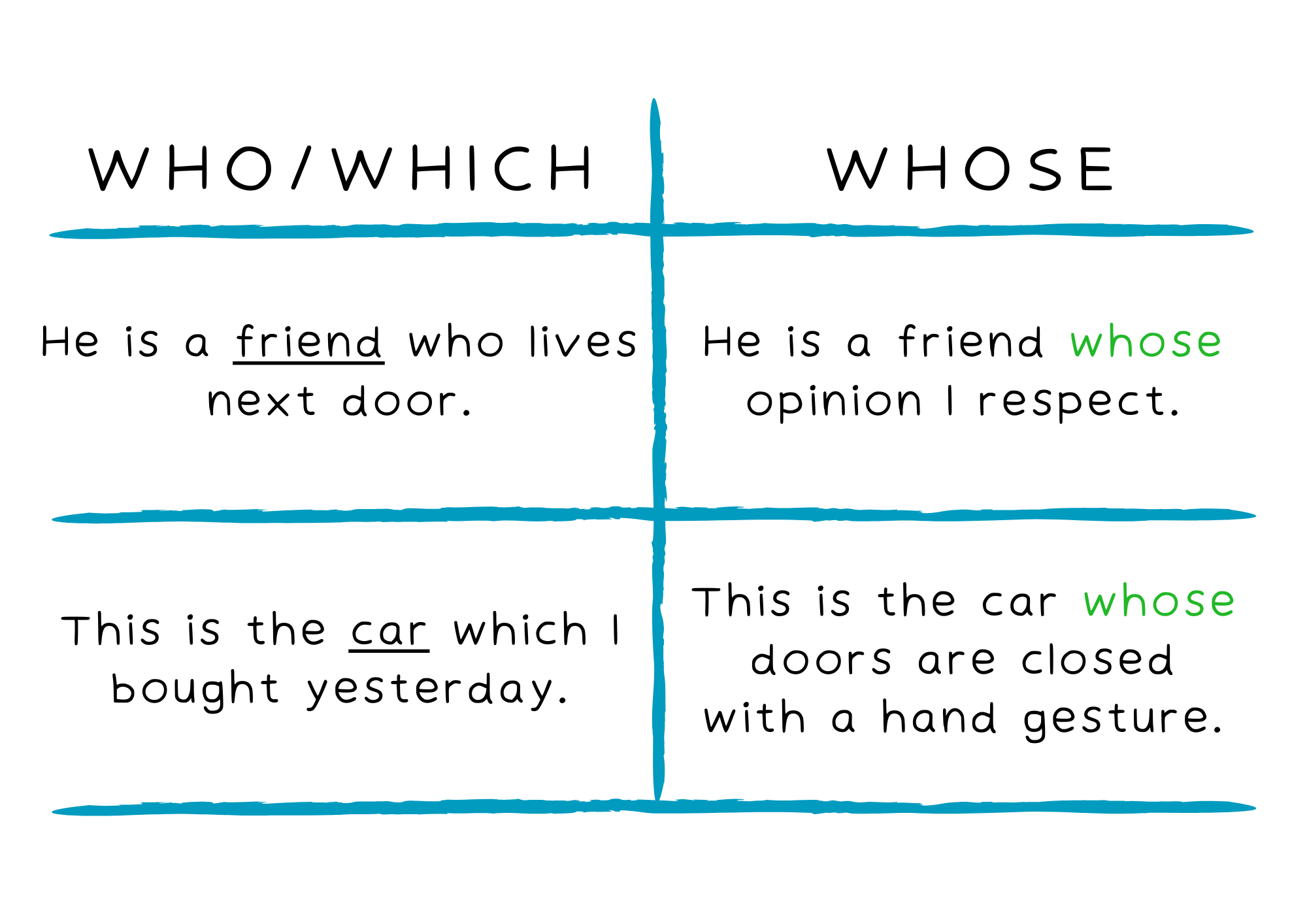
Much less refers to something already mentioned and saves you time while writing.
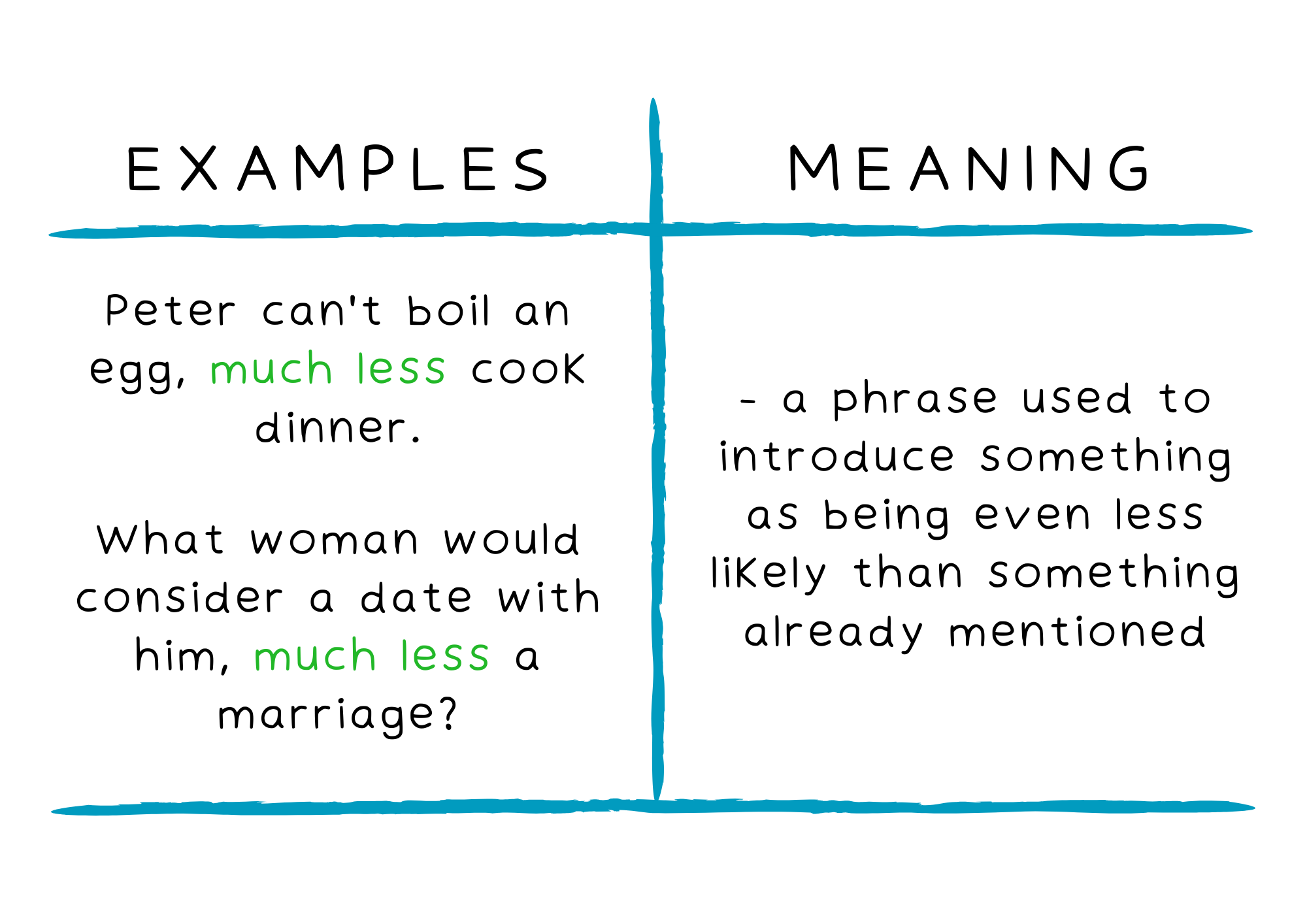
Latin abbreviations are quite common in English. Check what they stand for and what they mean.

Some adverbs (e.g. hardly, little, never, only, scarcely and seldom) have negative meaning. When we use them at the beginning of the sentence, we have to invert the subject and the auxiliary verb.
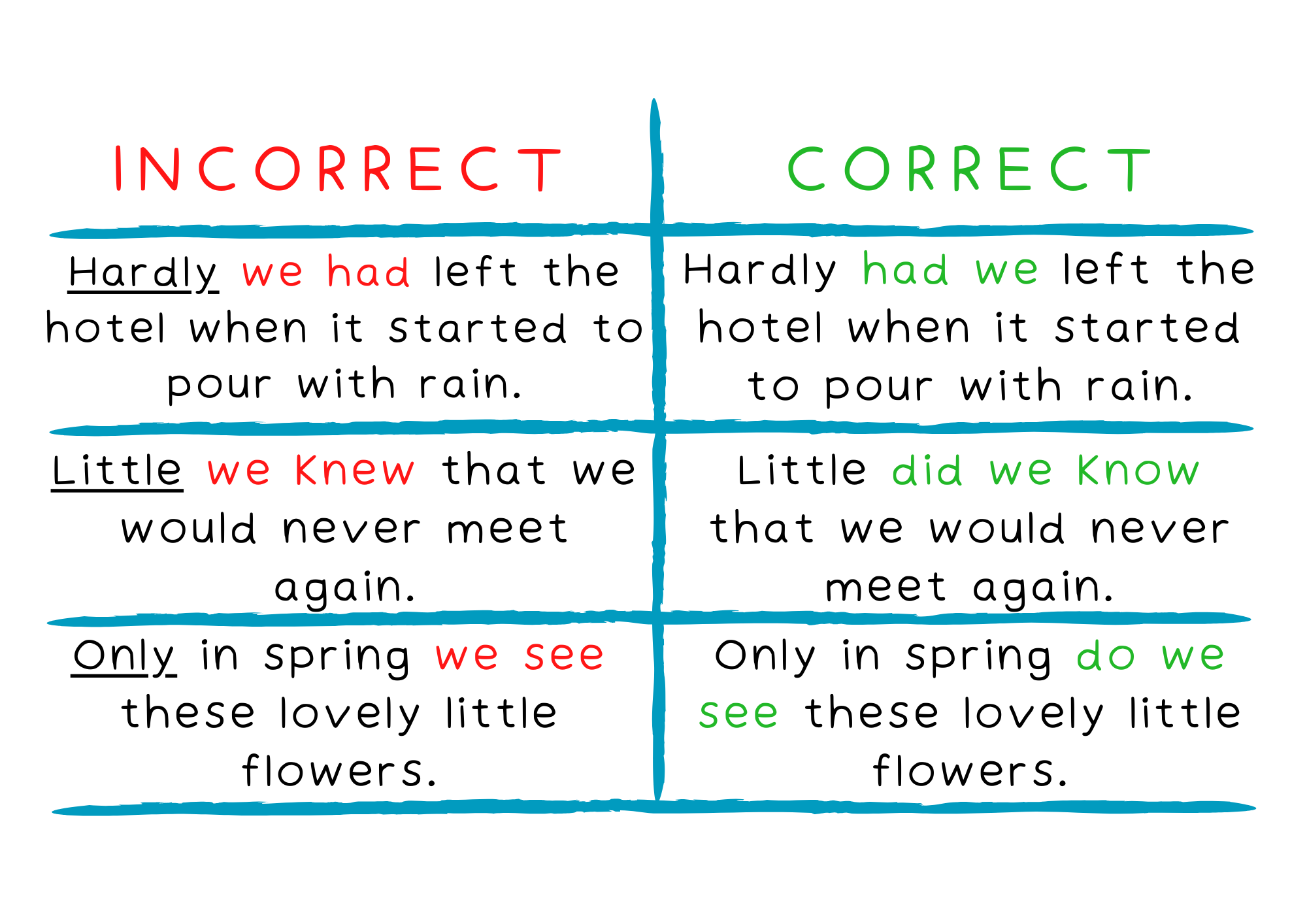
When you want to express surprise, use the combination not only + but also.
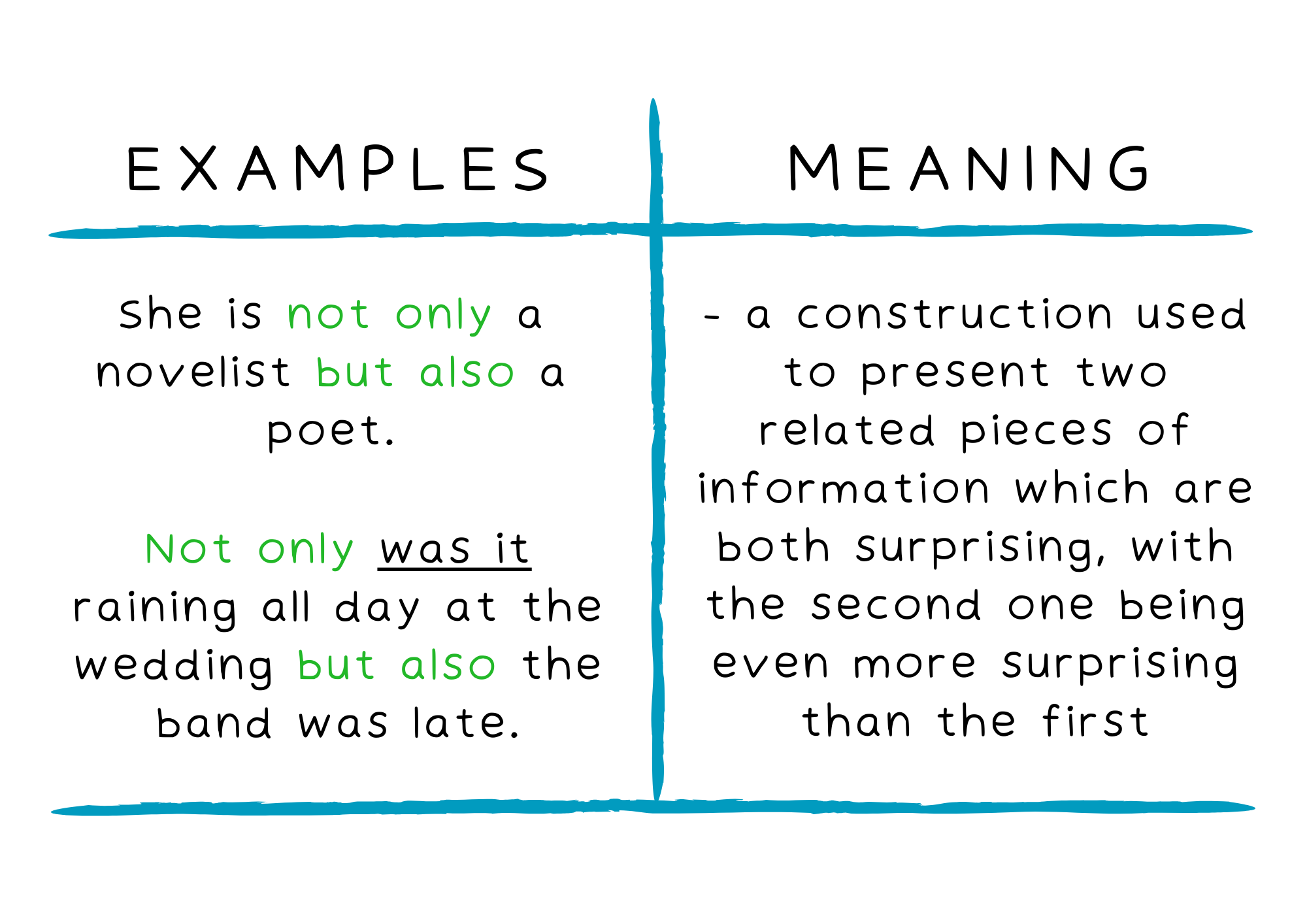
Horses, horses, everywhere!
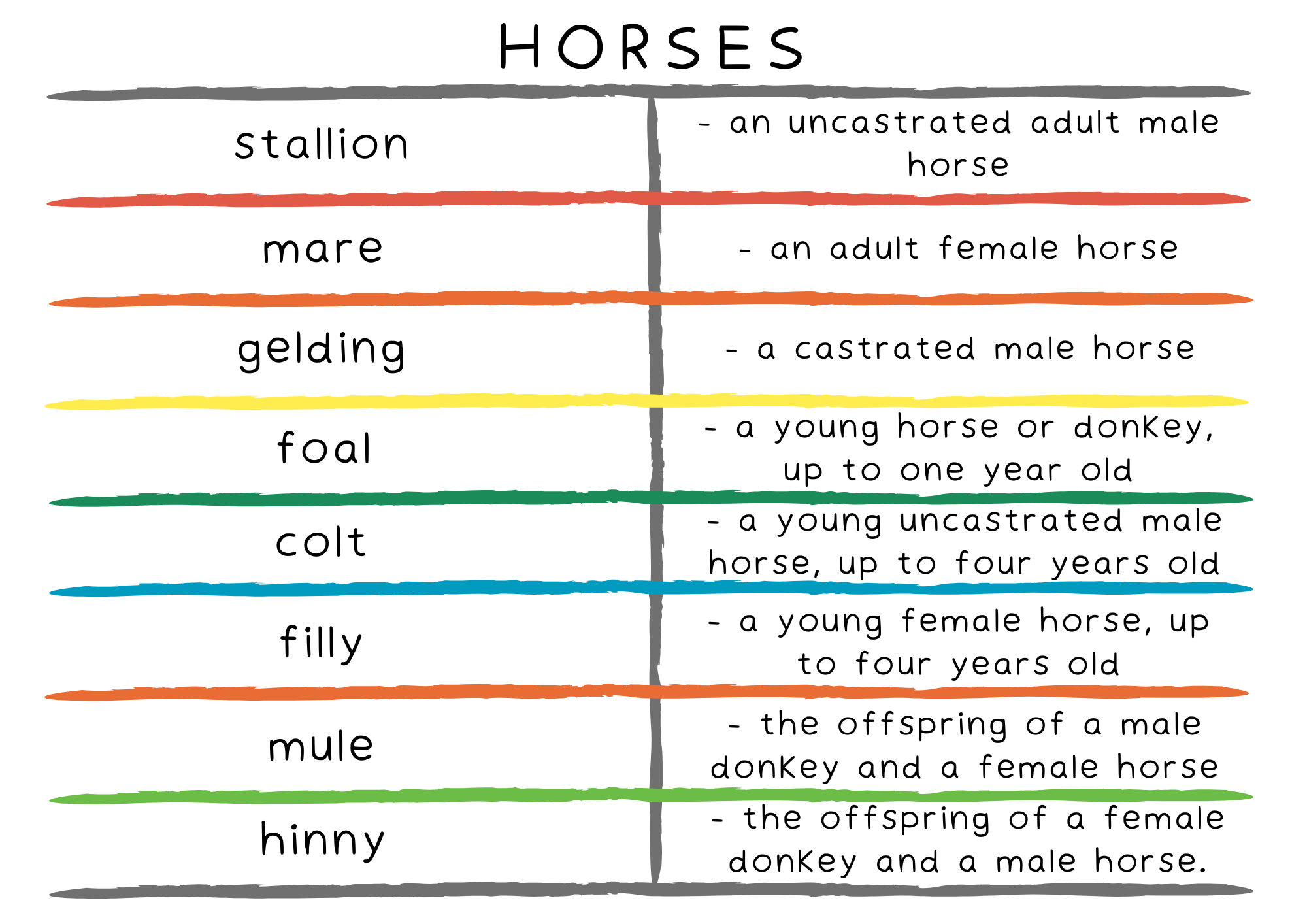
Lest usually takes a verb in the subjunctive (example no. 1), but you can also use should (example no. 2).
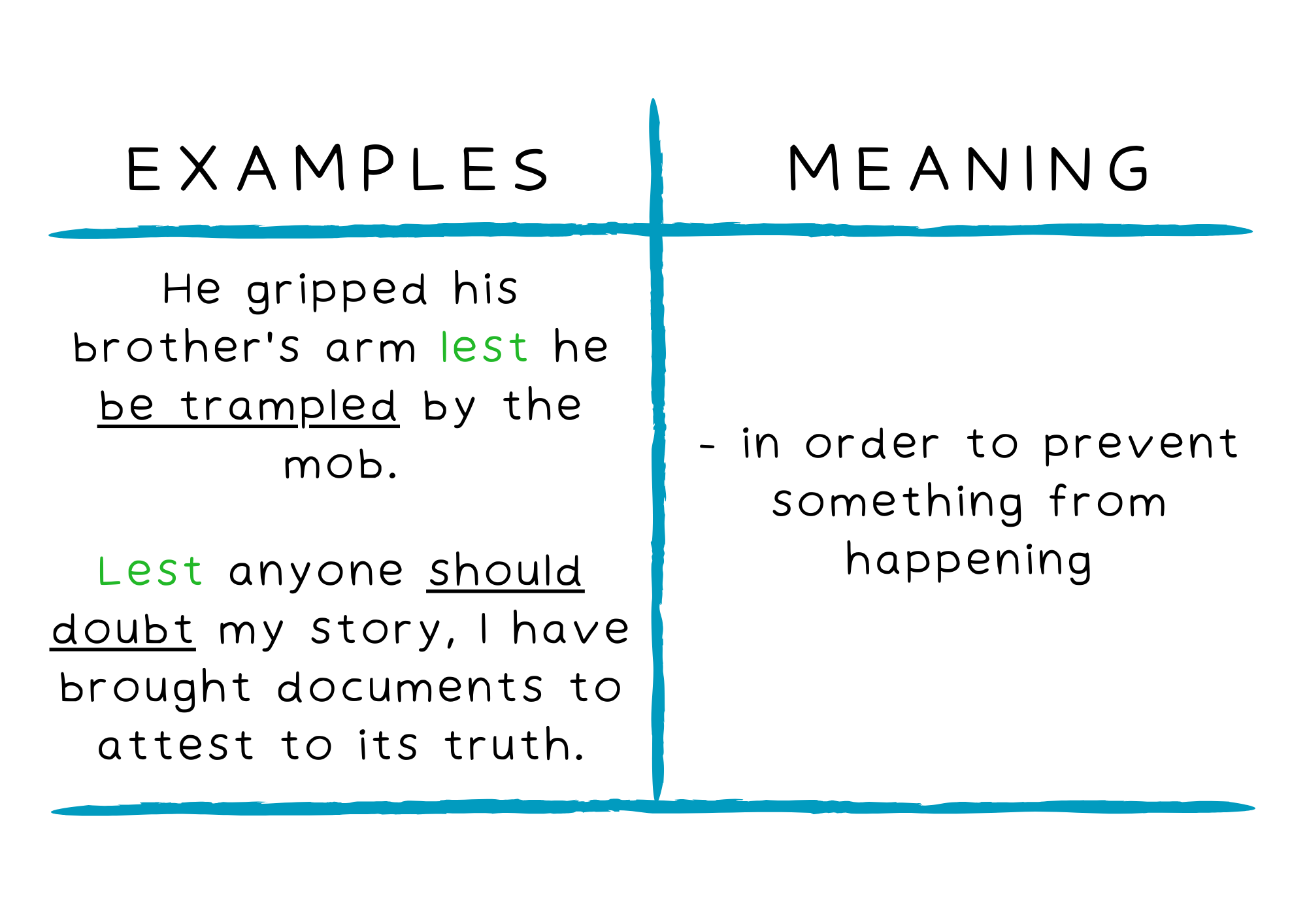
Have you been aware of this spelling difference? Just to be clear, they are pronounced exactly the same.
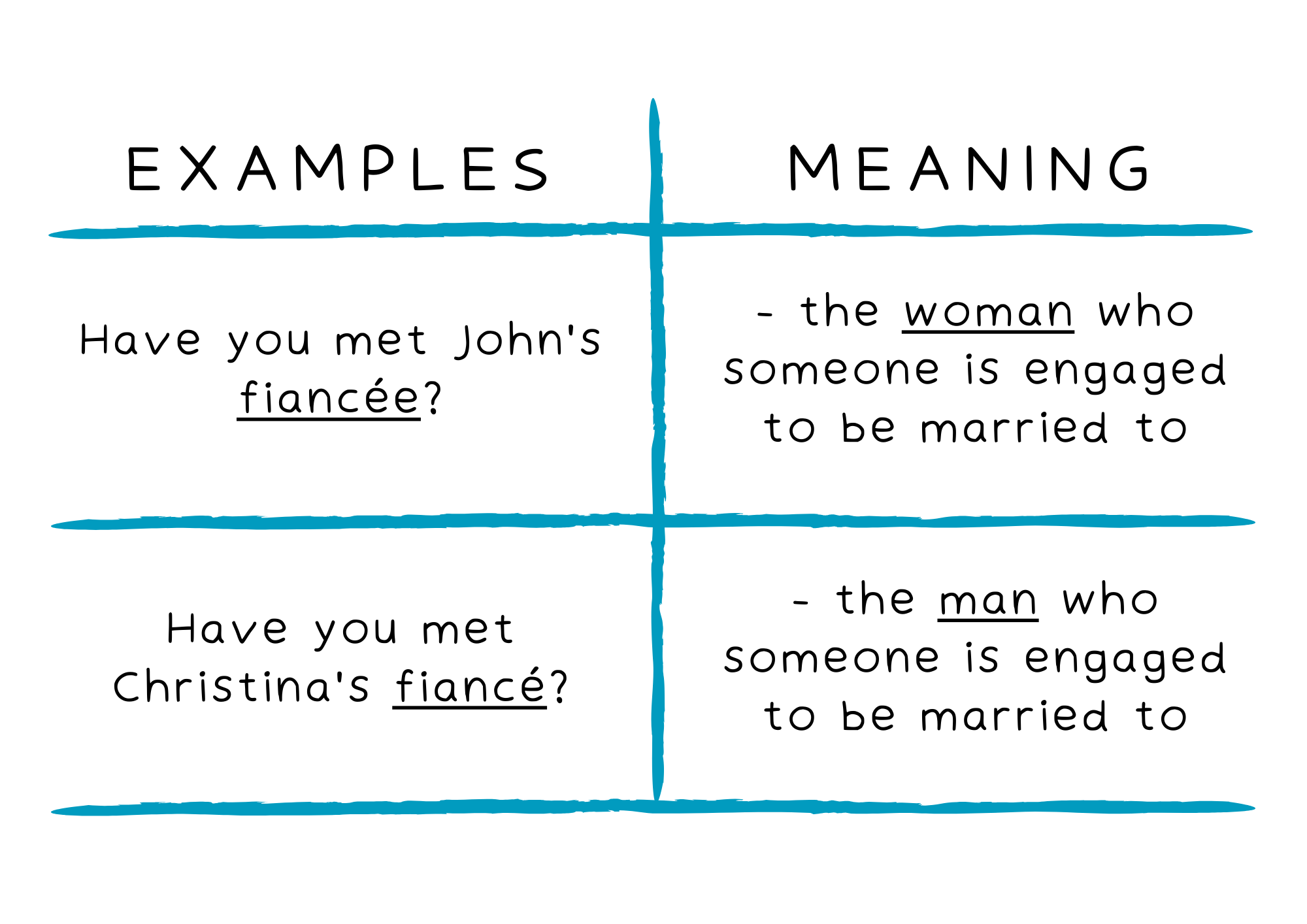
News is uncountable and this carries certain grammatical consequences.
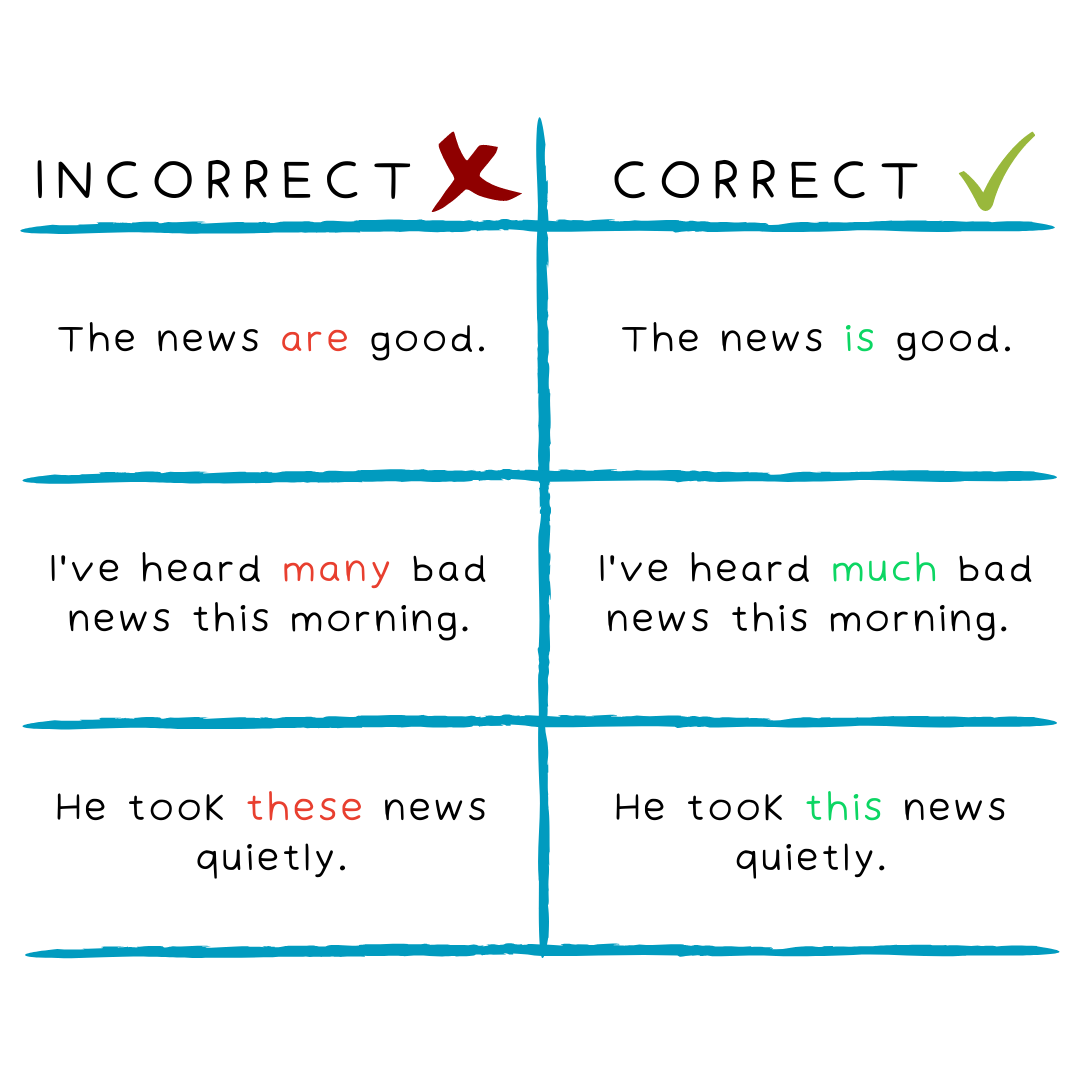
TV series has the same singular and plural form.
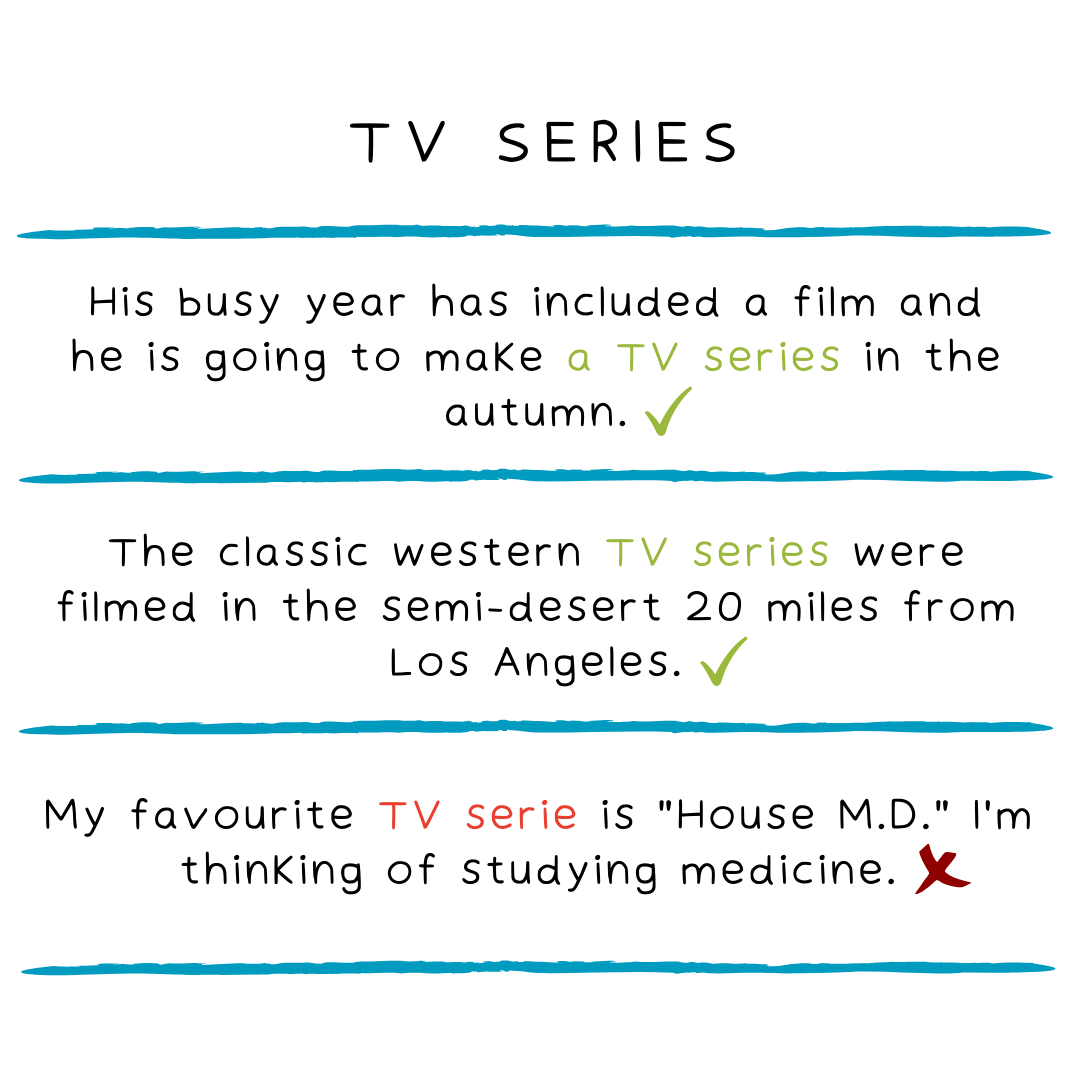
Darts is a singular uncountable noun, the same as billiards and dominoes.
Furthermore, when these nouns are used in front of other nouns, they lose the final “s”.
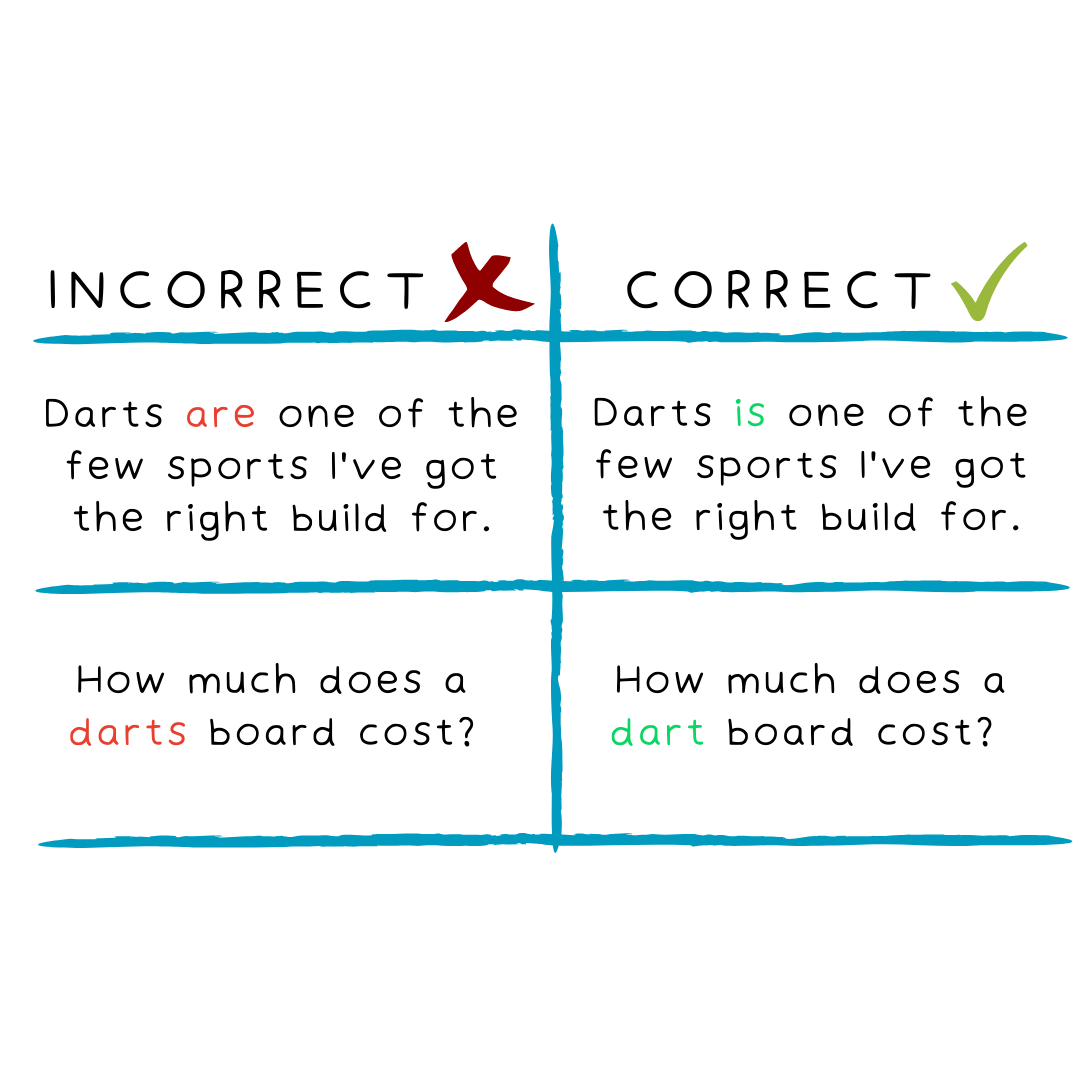
Can you differentiate between all these berries?
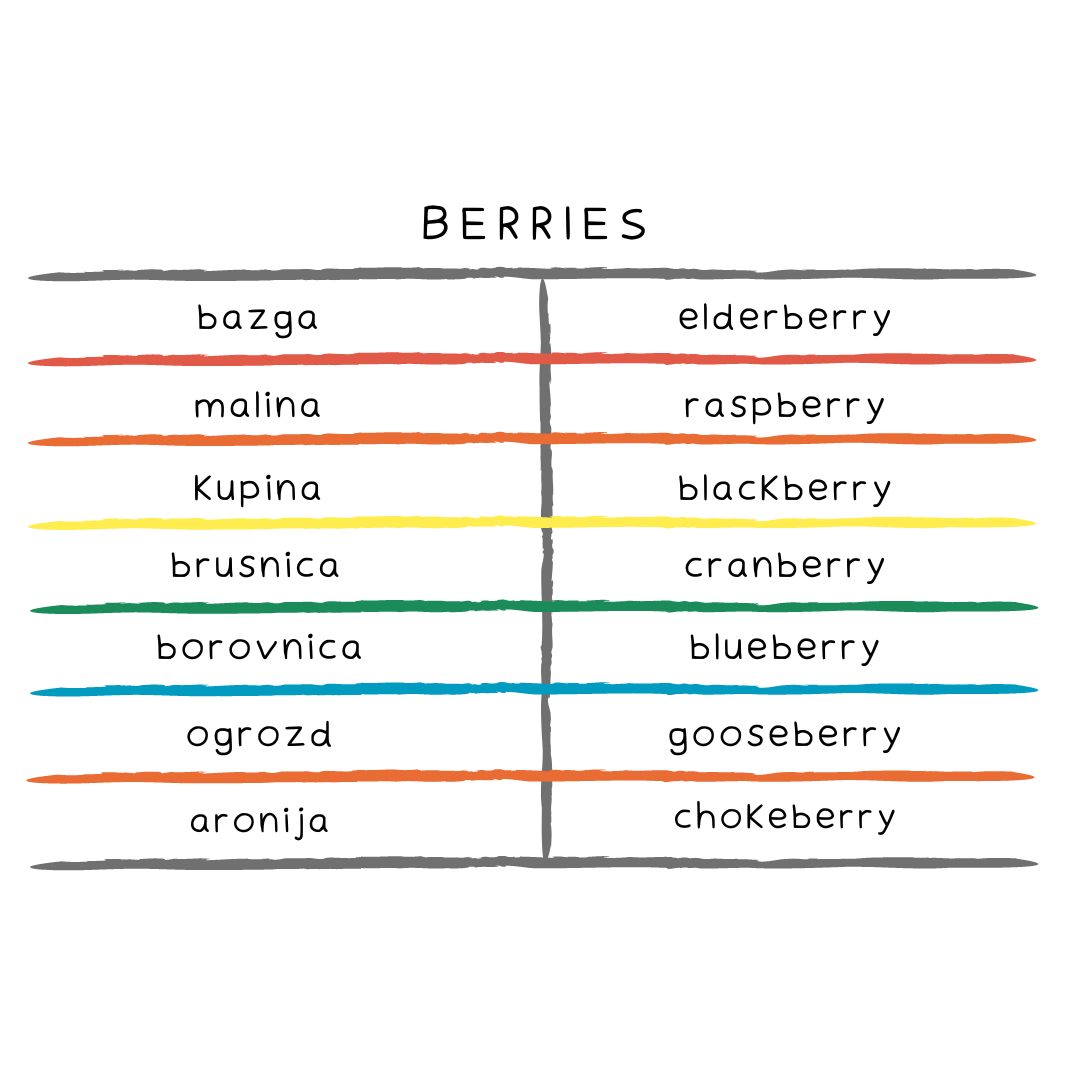
For any further help, ask forest rangers.
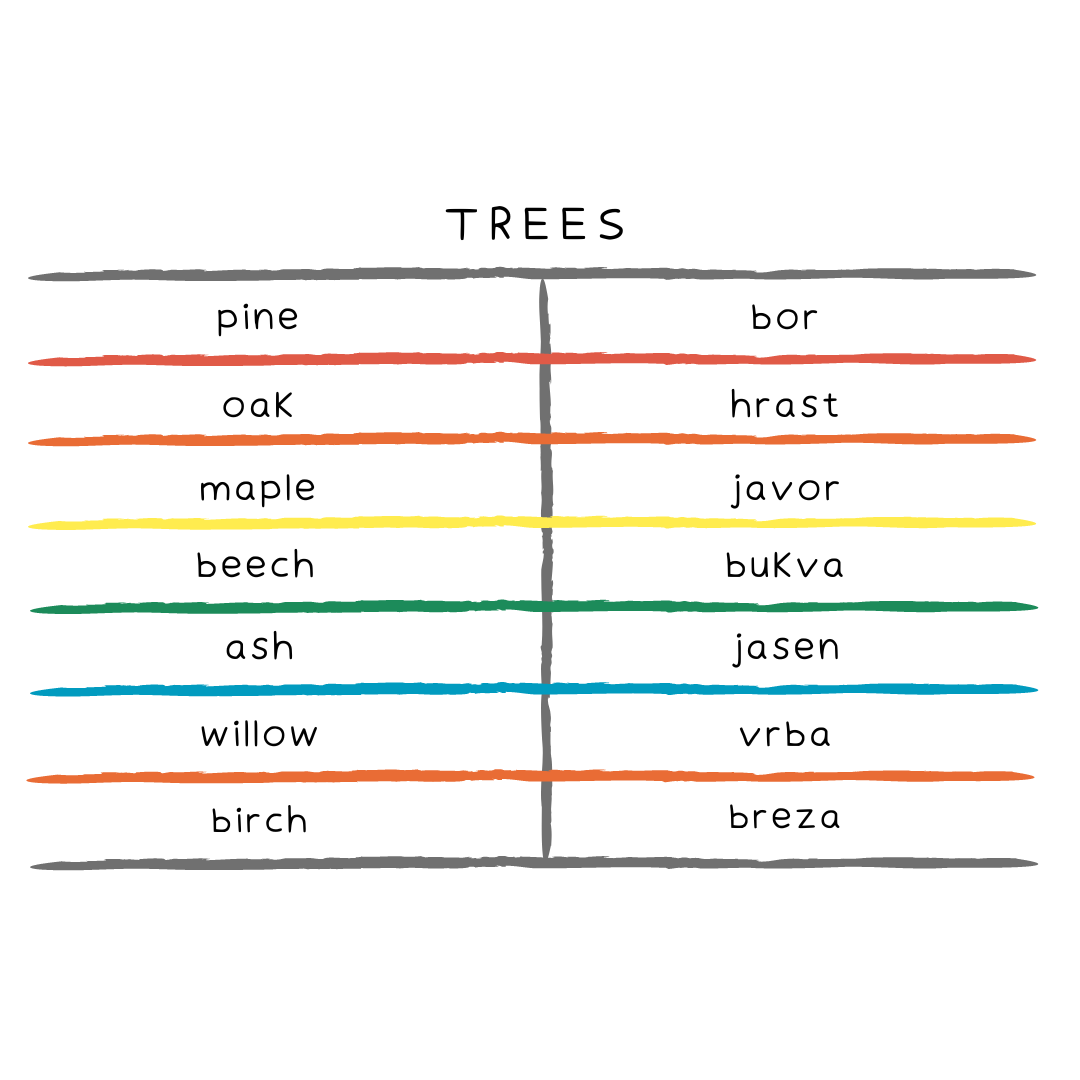
We usually don’t use the definite article with country names, but there are some exceptions.
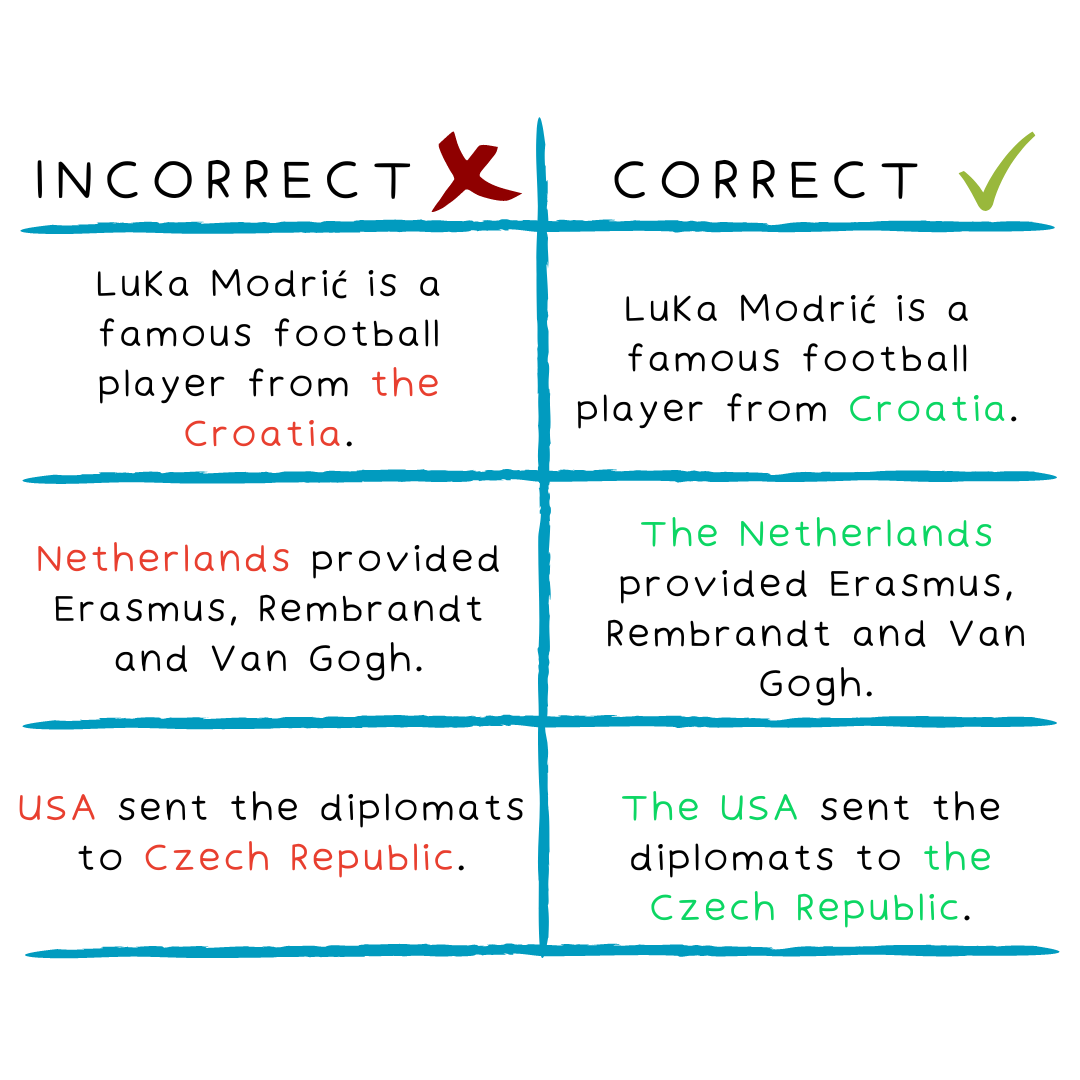
The forms of these two verbs are quite confusing. Keep in mind that the left one is regular and the right one is irregular.
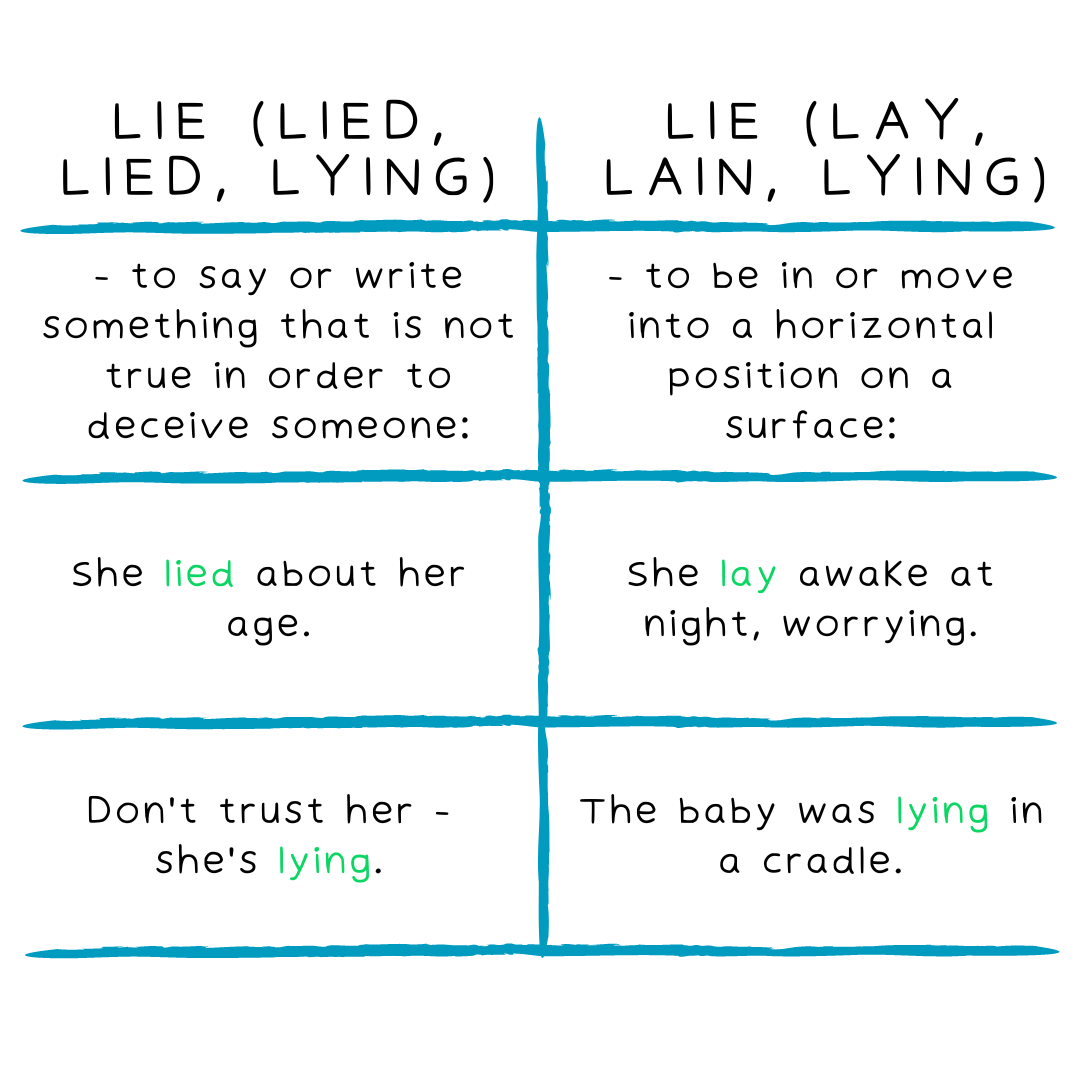
“Then” means “after that” while “than” is used when comparing.
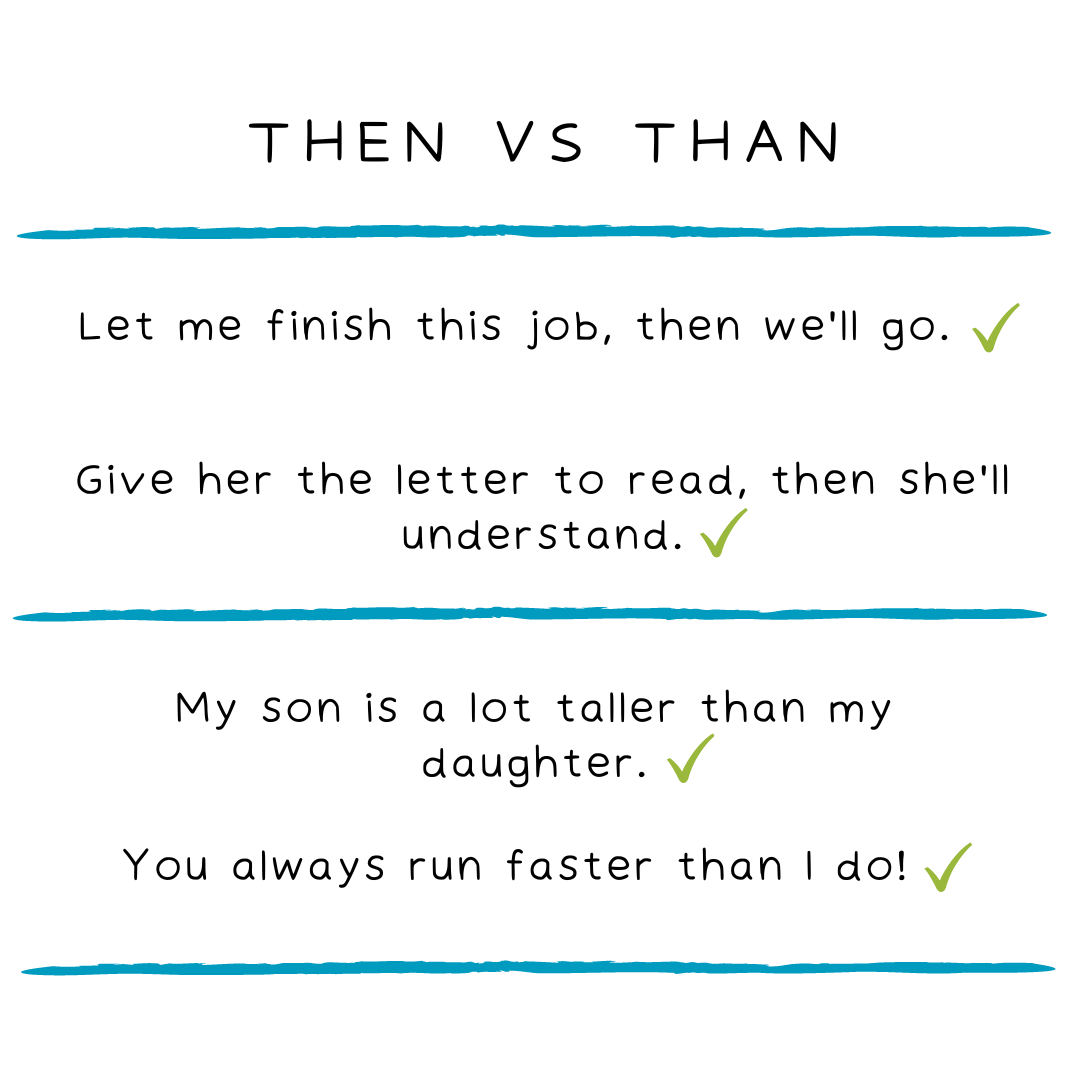
When it means “the majority of”, we use “most” without “the” (see examples 1 & 2). On the other hand, when we use it in superlatives, we have to add “the” (see example 3).
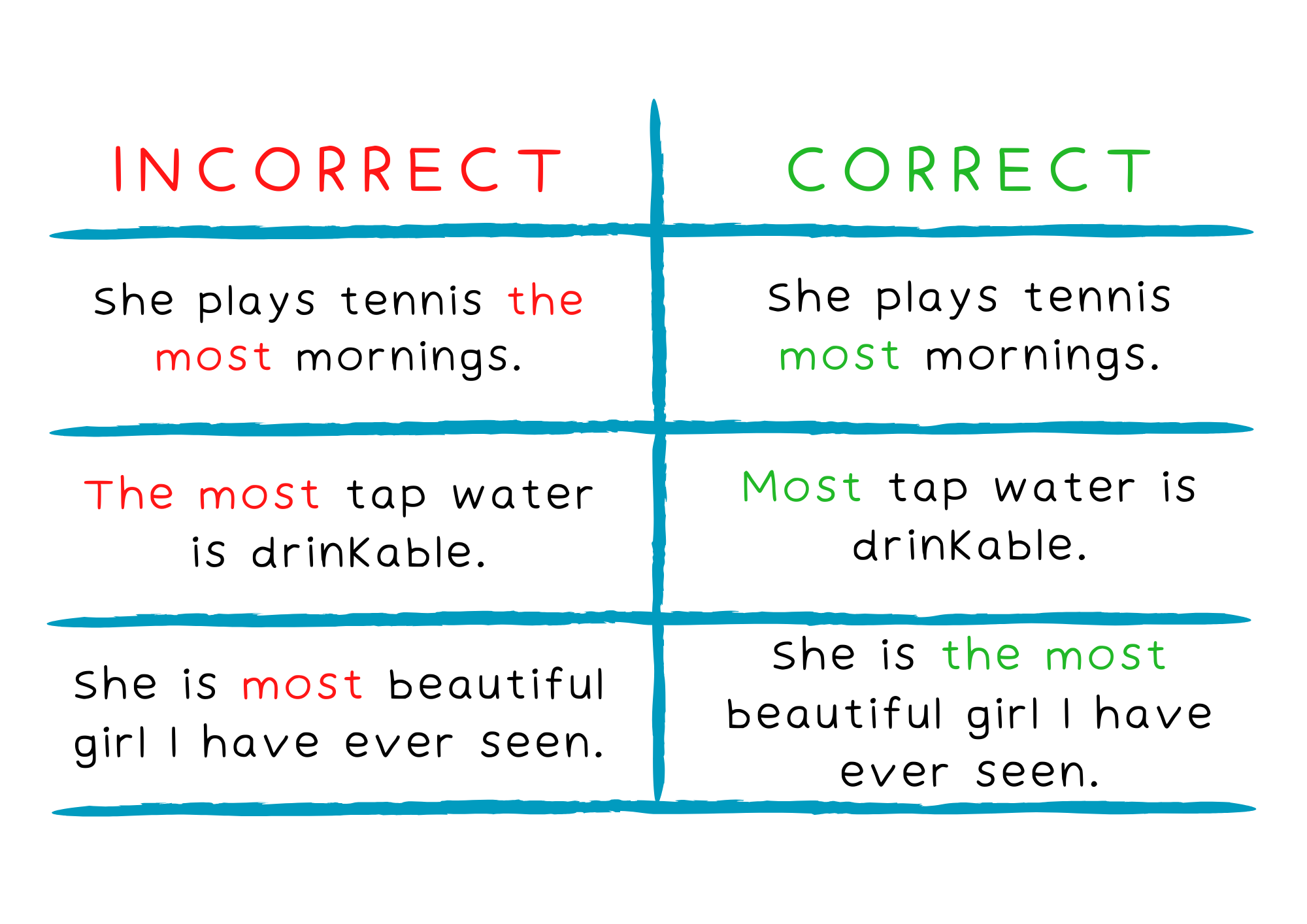
🎾🎳🏏⛳️🏒🚴♂️
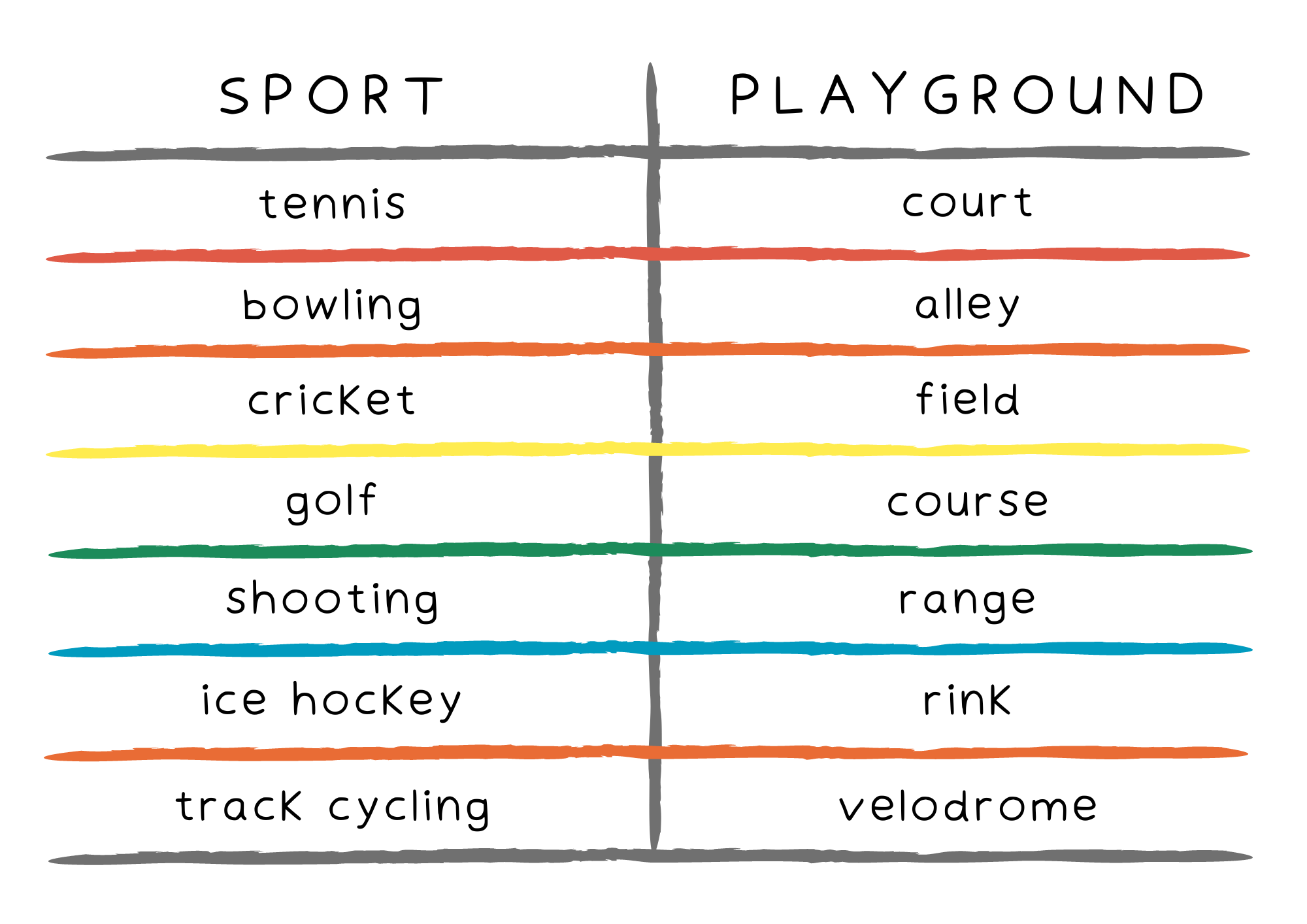
Has there been a situation in which you were unable to read a simple mathematical expression in English? Here is some help.
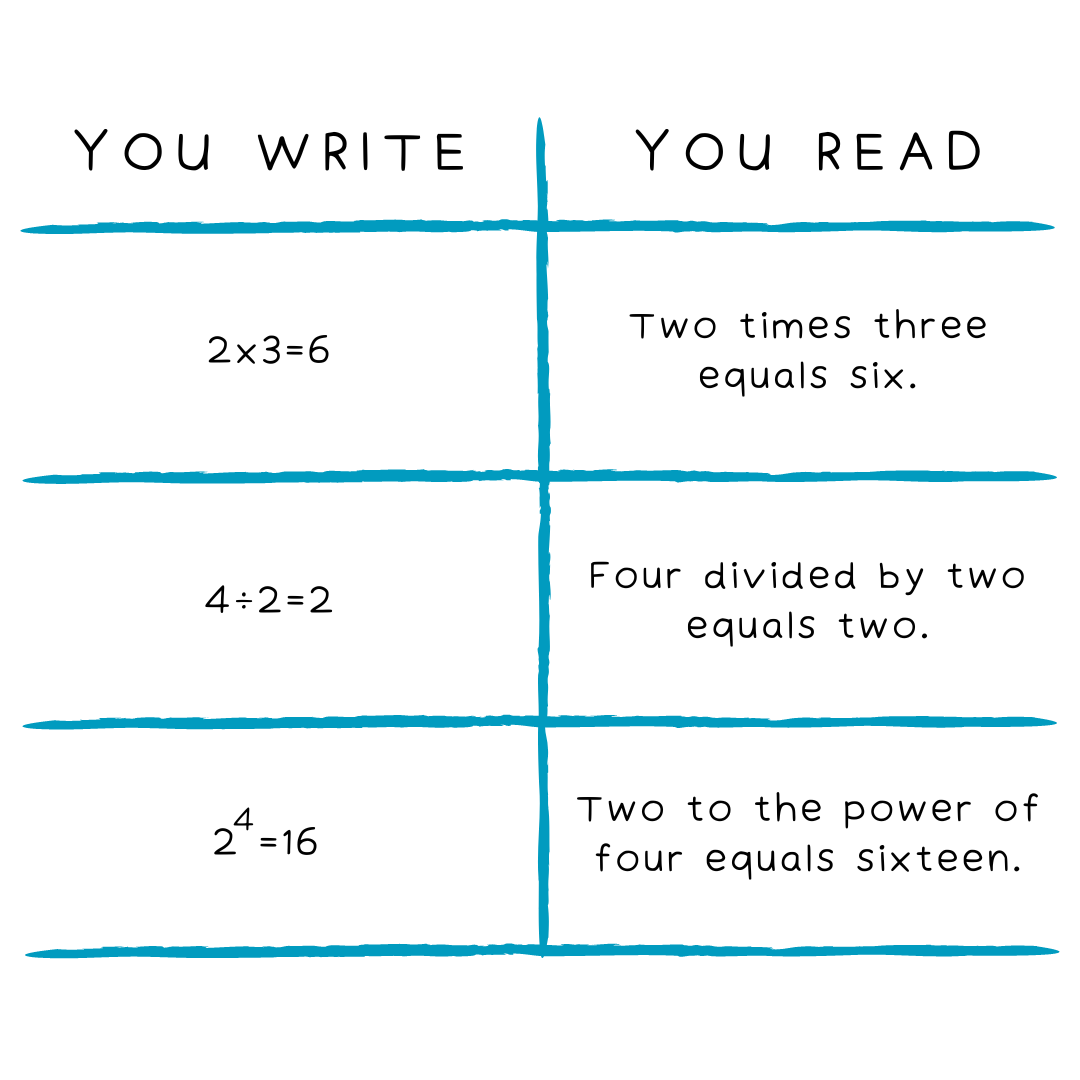
⚡️⚡️⚡️
